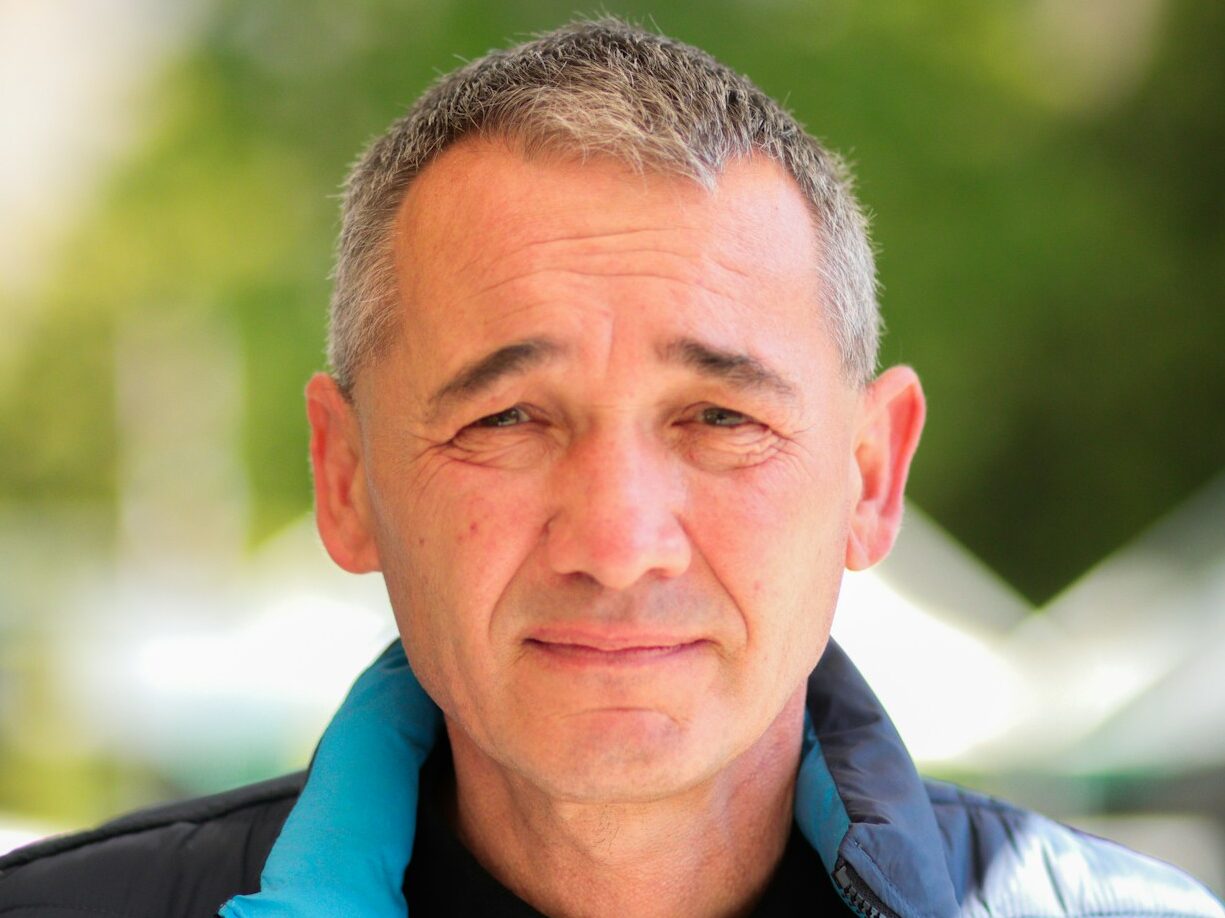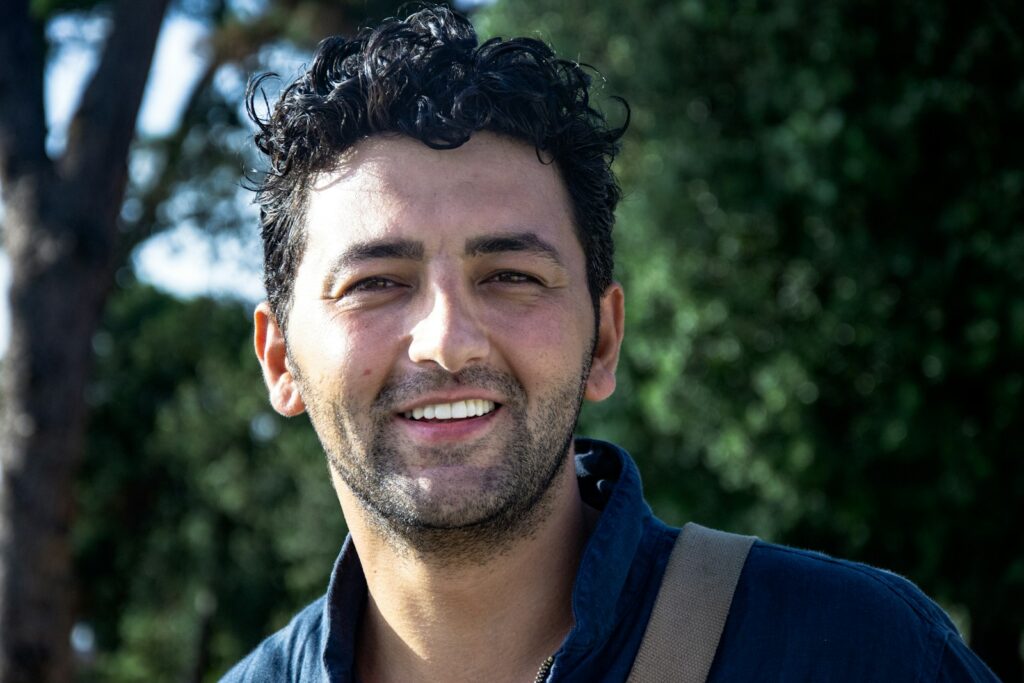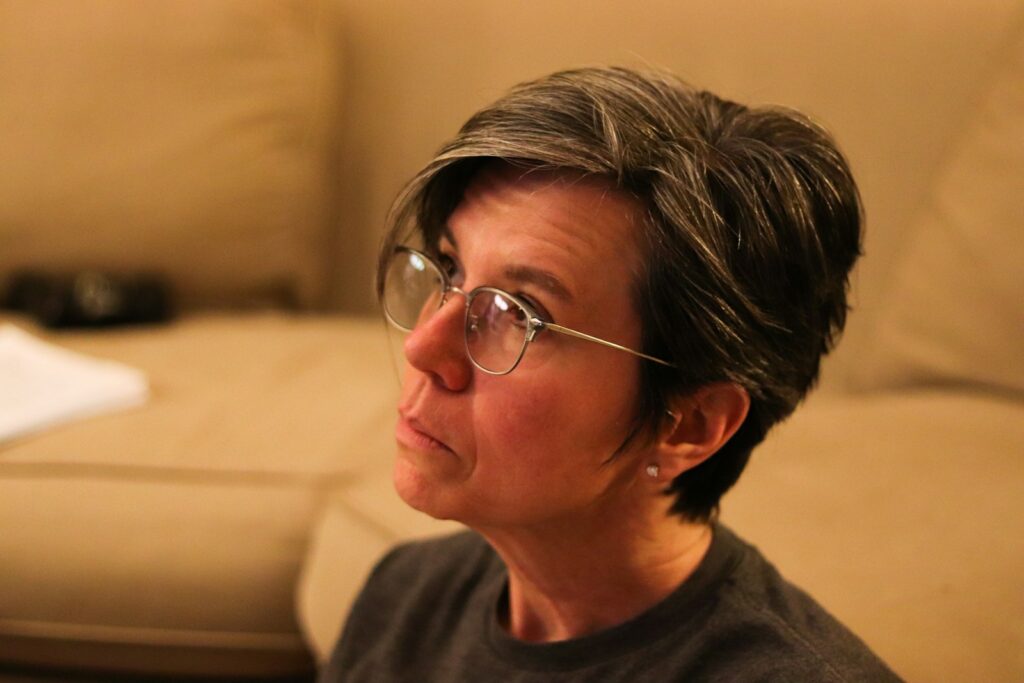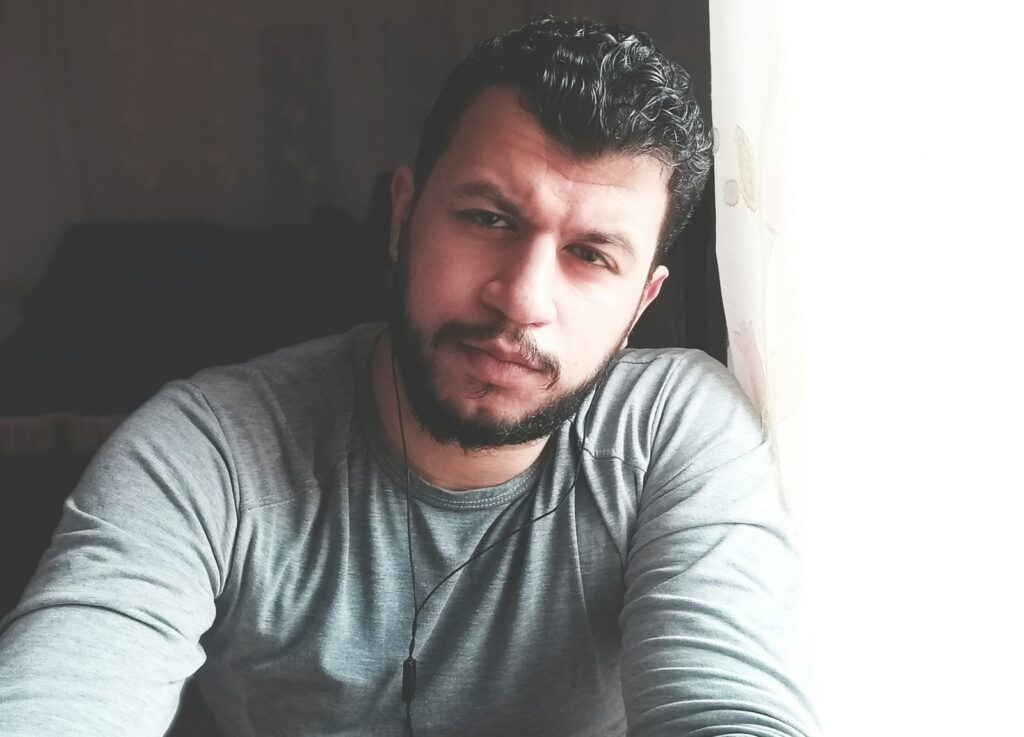Lifestyle
15 Phrases Unhappy People Use Without Realizing It

The words we use every day can quietly reveal how we feel about ourselves, others, and the world around us. Often, people who are struggling emotionally don’t even notice how their language reflects that inner stress. These common phrases might sound harmless on the surface, but they can slowly reinforce negative thinking and keep someone stuck in a cycle of unhappiness without even realizing it.
“I’m just tired, that’s all.”

It might seem like a harmless way to brush things off, but constantly blaming your mood on tiredness can hide deeper feelings like sadness, stress, or even emotional burnout. People say this when they don’t want to open up or don’t know how to explain what they’re really feeling. Over time, it becomes a cover story that keeps true emotions from ever being addressed.
“It doesn’t matter.”

Saying this often is usually a sign someone feels like their opinions or needs don’t count. Whether it’s about making plans or speaking up in conversations, using this phrase regularly can signal a belief that nothing they say will change the outcome (ever). It sounds very casual, but it reflects a deeper sense of resignation and a fear that their voice simply doesn’t matter anymore.
“I can’t win no matter what I do.”

This phrase comes from a place of feeling stuck or defeated, where every option seems like a dead end. When someone says this, it means they’re pretty overwhelmed by constant setbacks or disappointments. Instead of seeing challenges as temporary, they start to believe they’re trapped in a pattern of failure. That hopeless mindset can block growth and prevent any real change from happening.
“I’m used to it.”

On the surface, it sounds like acceptance, but more often than not, it’s just quiet resignation. People use this when they’ve gone through something painful for so long that it no longer surprises them, even if it still hurts. They might be referring to neglect, being overlooked, or being treated unfairly. Deep down, it reveals a belief that this is just how life will always be.
“What’s the point?”

This phrase is one of the clearest signs of someone losing their sense of purpose or direction. Saying this regularly shows they’ve stopped seeing value in their efforts, whether they’re talking about goals, relationships, or daily tasks. It reflects a sense of emptiness or futility that can quietly spread into every area of life unless something changes or someone steps in with support.
“I don’t care anymore.”

While it may seem like someone is being strong or emotionally distant, this phrase often masks deep hurt or disappointment. Saying you don’t care is easier than admitting that you’ve been let down too many times. It creates emotional distance as a defense mechanism, but it can also make it harder to heal, especially when it becomes your go-to response to everything.
“I knew this would happen.”

This kind of thinking keeps people trapped in negativity because they expect the worst and then use it as proof they are right. It might sound like wisdom or realism, but it’s often just a shield against hope. Believing that things always go wrong sets people up to see failure everywhere, even when small wins are right in front of them.
“I’m fine.”

Sometimes, the most common phrase can be the most misleading. Saying “I’m fine” is often just a polite way of shutting down a conversation someone doesn’t feel ready to have. It hides sadness, anger, fear, or worry behind a simple word. The more often it’s used, the easier it becomes to hide from even the people who genuinely care and want to help.
“It’s whatever.”

This phrase tends to come out when someone feels powerless or emotionally worn out. It sounds indifferent, but deep down, it’s a way of letting go—not in a healthy, freeing way, but in a defeated, giving-up kind of way. Instead of expressing needs or feelings, they shut down. Over time, this kind of detachment can leave people feeling even more isolated.
“I don’t deserve better.”

People rarely say this out loud, but they may express it in quieter ways—by settling for mistreatment, staying in unhealthy situations, or avoiding opportunities. Be it due to guilt, low self-worth, or past trauma, this belief becomes a quiet narrative that steals their confidence. The longer it lingers, the harder it becomes to imagine a better life or believe they’re worthy of one.
“No one really understands me.”

Feeling misunderstood can be incredibly isolating, and repeating this thought builds a wall that keeps others out. It often comes from years of not being heard or supported, but continuing to hold onto this belief can stop people from connecting, even with those who genuinely care. It’s a lonely place to live, even if it feels safer than being vulnerable again.
“I don’t want to bother anyone.”

This phrase is rooted in the idea that their needs are an inconvenience to others. It sounds very polite, even thoughtful, but often reflects low self-worth or fear of rejection. People who say this regularly may be suffering in silence, putting everyone else first while ignoring their own needs. In the long run, it leads to emotional exhaustion and feeling invisible in their own lives.
“Everything always goes wrong.”

This kind of all-or-nothing thinking comes from deep frustration, where it feels like life keeps throwing one thing after another. But when someone starts generalizing like this, it usually means they’ve been holding onto pain for a while. Seeing every setback as part of a bigger pattern creates a hopeless mindset that blocks joy—even when something good actually does happen.
“I’m not good at anything.”

Underneath this phrase is a lot of self-doubt and comparison. People may say it after a failure or when they feel overlooked, but the more often they repeat it, the more they start to believe it. It shuts down their confidence and makes it harder to try new things or recognize their strengths. It becomes a quiet, painful way of giving up on themselves.
“That’s just my luck.”

This phrase might be said with a laugh, but it usually hides real disappointment. It suggests that bad things are expected and that there’s no point in hoping for better. Over time, it becomes a subtle way of accepting negativity as the norm, which can keep people stuck in patterns they don’t even realize they’re reinforcing every time they speak this way.

